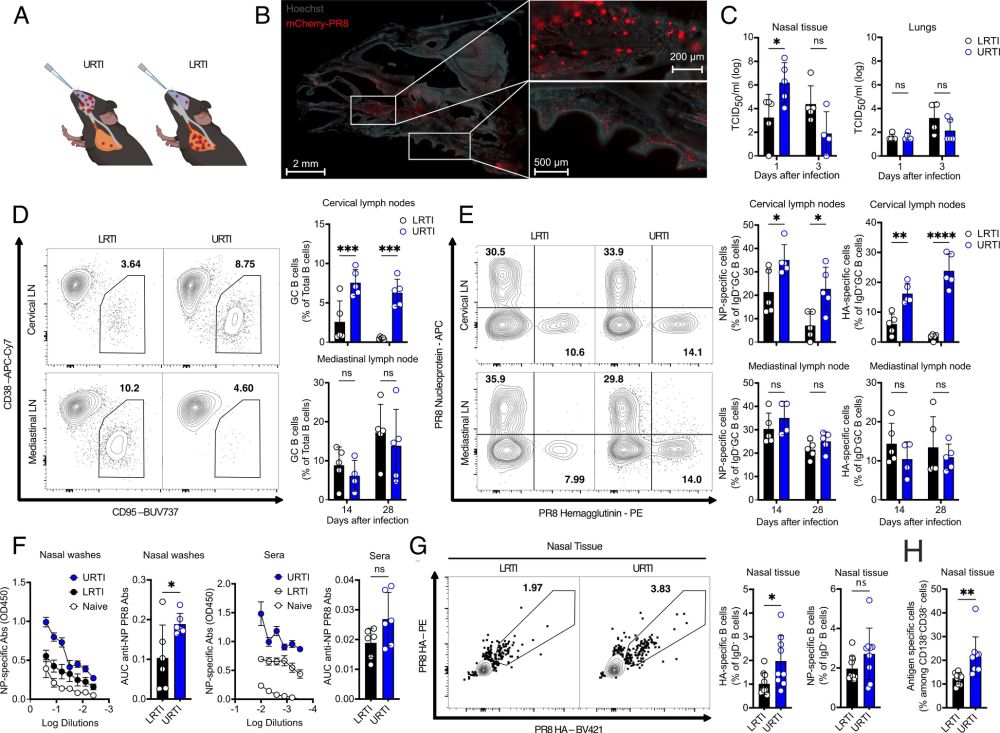
www.biorxiv.org/content/10.1...

PhD:
2411.webcruiter.no/Main2/Recrui...
Technician:
2411.webcruiter.no/Main2/Recrui...

PhD:
2411.webcruiter.no/Main2/Recrui...
Technician:
2411.webcruiter.no/Main2/Recrui...
www.biorxiv.org/content/10.1...
www.biorxiv.org/content/10.1...
2411.webcruiter.no/Main2/Recrui...

2411.webcruiter.no/Main2/Recrui...
The work has just been published in @pnas.org (1/N)
www.pnas.org/doi/10.1073/...

The work has just been published in @pnas.org (1/N)
www.pnas.org/doi/10.1073/...
Can autoimmune disease be cured by deep CD19+ cell depletion?
doi.org/10.1093/jimm...

Can autoimmune disease be cured by deep CD19+ cell depletion?
doi.org/10.1093/jimm...
BCRs can do more than just bind antigen! By boosting the activity of target enzymes, they enhance pathogenic T cell-B cell interactions in gluten-sensitive autoimmunity. rdcu.be/ecXfG

BCRs can do more than just bind antigen! By boosting the activity of target enzymes, they enhance pathogenic T cell-B cell interactions in gluten-sensitive autoimmunity. rdcu.be/ecXfG
www.cell.com/immunity/ful...

www.cell.com/immunity/ful...
doi.org/10.1084/jem....

doi.org/10.1084/jem....


